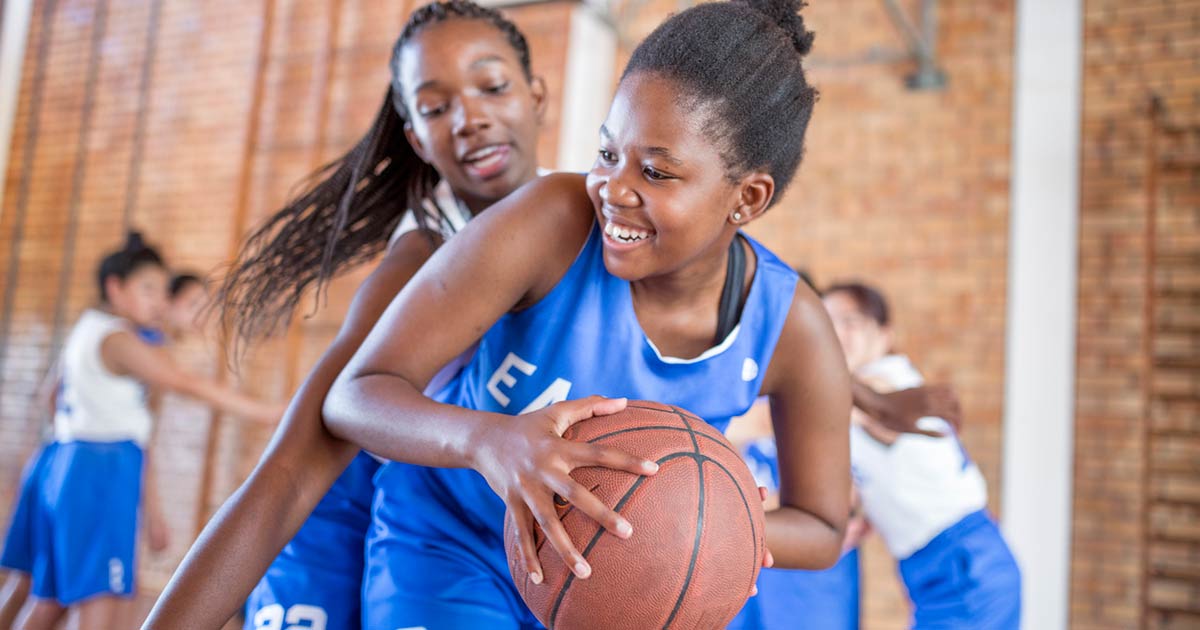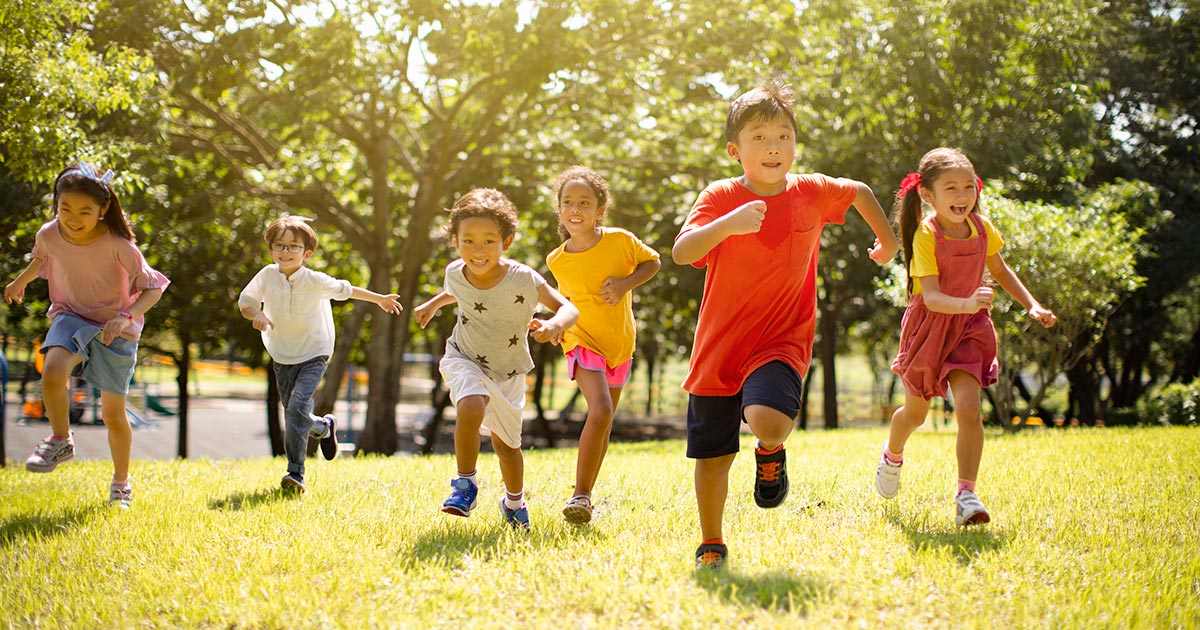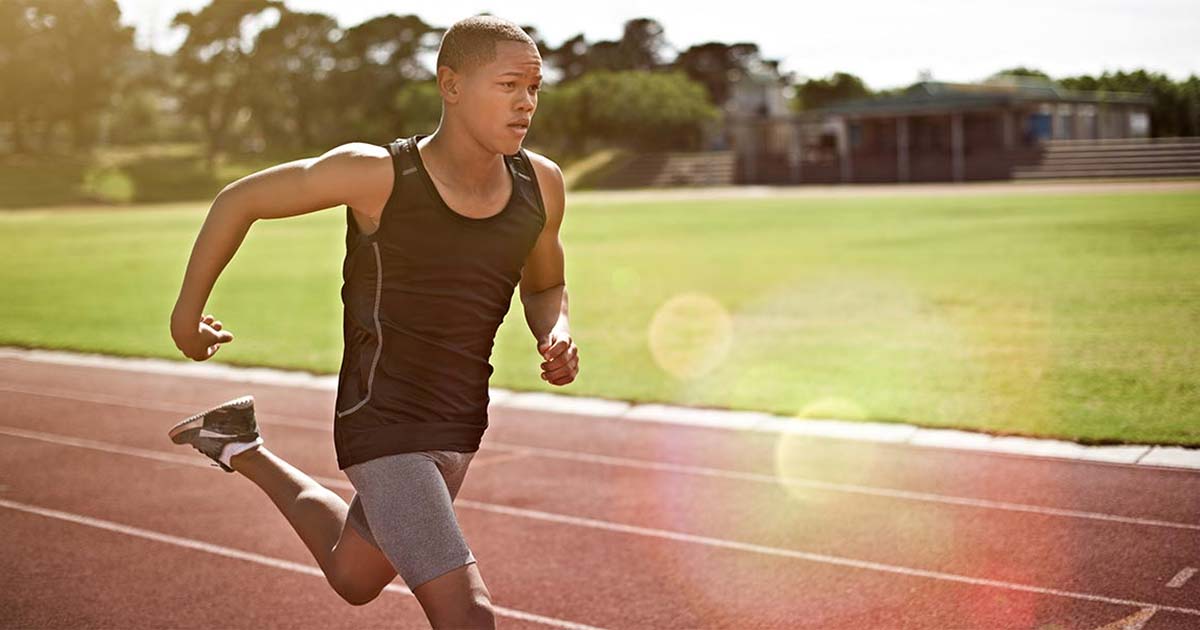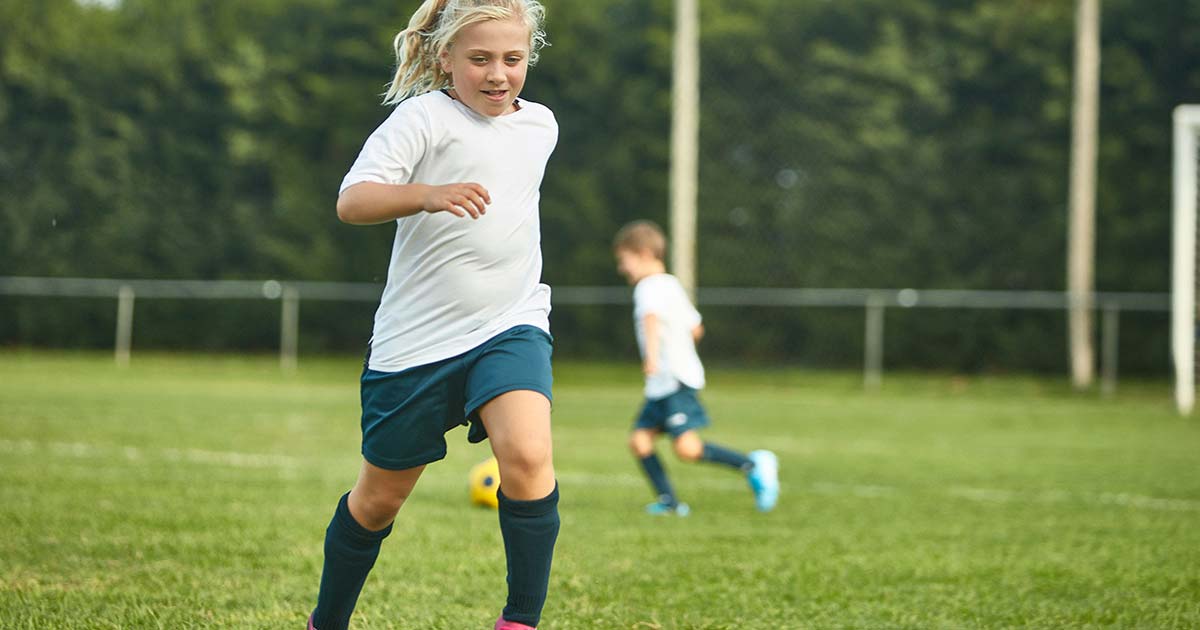Tips to Optimize Your Performance as a Basketball Player
Advice to improve your movement, fitness, and overall health from the world's #1 in orthopedics.
Each position in basketball has a distinct role to play on the team. For example, power forwards are known for their rebounding abilities and guards for their ball-handling skills. But no matter what position you play, the basic strategies for improving your performance on the court are the same and can be broken down into two parts.

First, basketball players should work on building the fundamental components of movement. Part two involves the translation of that movement into quality sports performance through training and other ways to enhance physical health.
Movement Fundamentals
The fundamental components of movement include flexibility, strength, posture, balance, and agility. These may seem basic, but practically everyone can improve in each of these areas. Doing so will allow you to build the foundation for all high-quality movement patterns in basketball.
Here’s a quick overview of why each of these fundamental movements can optimize your game.
- Flexibility: Flexibility allows your joints to move more easily which makes you less prone to injury. For basketball players, this is especially important in the muscles around the ankle joint —given the high rate of ankle sprains in the sport.
- Strength: Strength training is a core ingredient in any training program. Basketball players in particular should make sure to focus on the legs. Increasing the strength in your legs can improve your vertical jump as well as your ability to absorb force when you land.
- Posture: Good posture really is good for your game. It keeps pressure off the joints in your spine whereas poor posture can place your joints in a compromised position.
- Balance: Good balance may be something you take for granted, but balance combined with core stability allows basketball players to maintain control of their body when forced into challenging positions such as boxing out or rebounding.
- Agility: Agility is the ability to efficiently change speed or direction when running, which basketball players can do hundreds of times during a typical practice or game. Agility can make a huge difference in your ability to perform these movements safely and efficiently.
Training Advice
Strength training, plyometric training, and drills to improve your speed, agility, reaction time, and hand-eye coordination can all be used to improve basketball performance. Whatever strength and conditioning program you follow, don’t underestimate the importance of your form or technique. It’s easy to do the right exercises the wrong way, which can reduce the effectiveness of your efforts and increase your risk of injury before you even get on the court.
As for when to train, there’s never a wrong time to work on getting better at your sport. For best results, start putting together your plan to optimize your sports performance in the off season. That way you’ll be that much further ahead when the season starts.
Importance of Rest and Recovery
Getting enough rest is another key factor in playing better. This is true not only because you’re continuously depleting your resources with practices and games, but because traveling for games can be hard on your sleep schedule.
Think of rest and recovery as something you can do off the court to improve your performance on the court. Practical steps that you can take to help your body recover from training include:
- Sleeping for at least eight hours (uninterrupted is ideal)
- Hydrating adequately with non-sugary beverages
- Eating a well-balanced, nutritious diet
- Getting a sports massage
- Performing flexibility and foam rolling activities
- Practicing guided meditation and relaxation techniques
HSS offers a number of resources to help student-athletes avoid injury and optimize their performance. Learn more.


